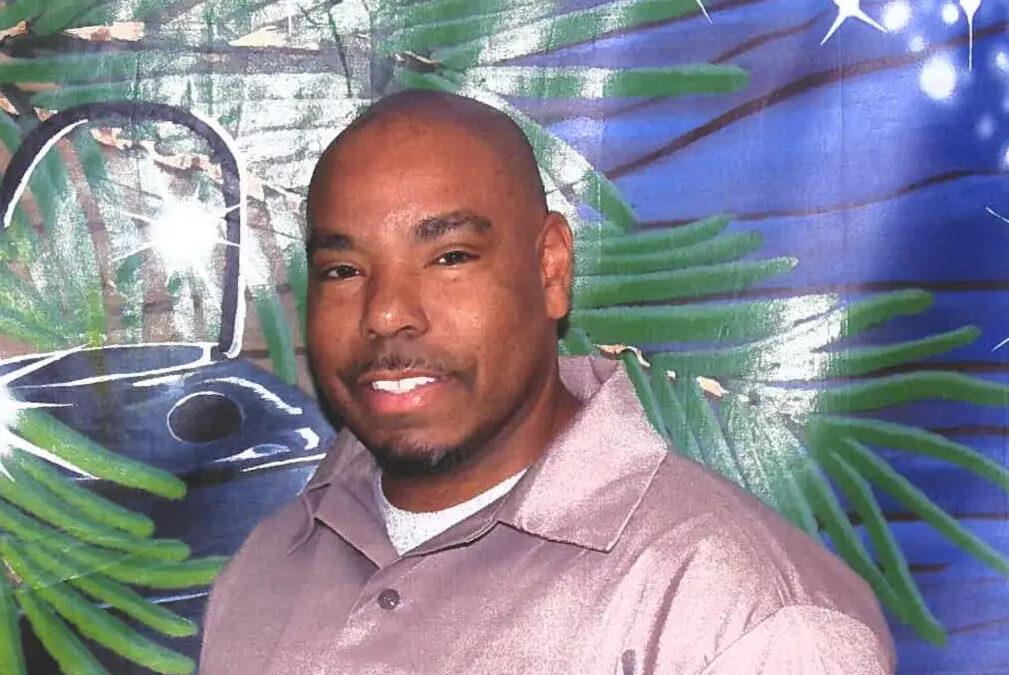Article by Phillip Vance Smith, II, published in Bolts Magazine
After I served 14 months in prison for petty crimes, the state of North Carolina released me into homelessness on Dec. 30, 2000 with only the prison clothes on my back, a paper identification card, and $3.36 in my pocket. Rebuilding my life wasn’t my primary focus. I needed food and a warm place to sleep. On my first night of freedom, a friend who still lived with his parents snuck me in to sleep on his bedroom floor. His mother found me the next morning and made me leave. Alone, I trekked miles through the frigid cold wearing a borrowed jacket and boots, desperately seeking another place of refuge.
Desperation defined my reentry to society as I struggled to find stability. Obtaining necessary items, like a state identification card through the Department of Motor Vehicles, proved nearly impossible because I’d left prison without a social security card, which I applied for after release. Weeks passed before it arrived at a friend’s house by mail, preventing me from working during that time. I relied on friends to feed me because I could not work to feed myself. After a string of poor decisions and a drug deal gone bad, I was arrested for murder—just 60 days post-release. A jury sentenced me to life without parole at the age of 24. I have always taken responsibility for my actions; however, I wouldn’t be here if I had been offered reentry assistance—shelter, clothes, and food—upon release from prison.
Thousands have left prison as hopelessly as I did in recent decades. According to reporting by NC Newsline, around 3,000 of the roughly 18,000 people who left North Carolina prisons in 2023 were homeless—that’s about one in six people.
How many recidivists could have remained free if more schools had been available in prison, if they had left prison with a state ID, or if they had been guaranteed a place to sleep their first night out? People need help to survive after prison. I needed help.
